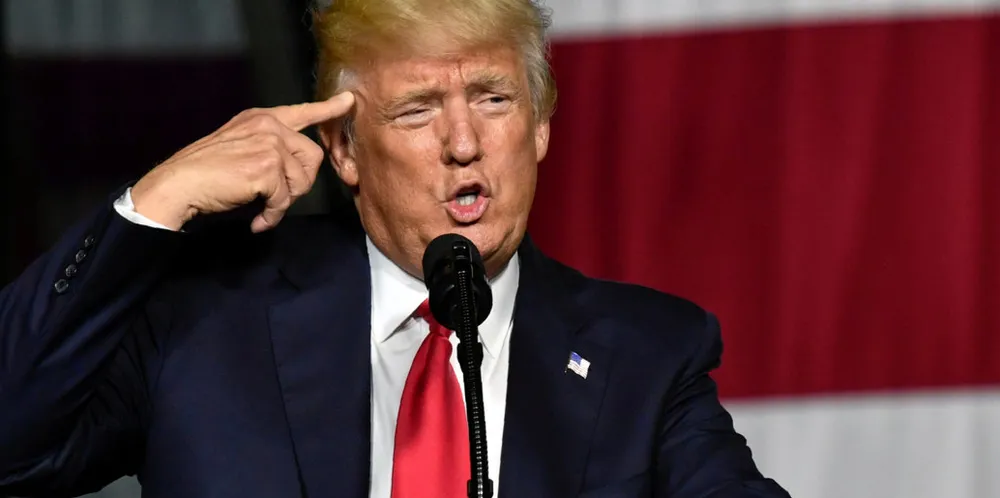'Vital resource': Cross-industry call to Congress to dump Trump south-east US offshore wind ban
Ten-year moratorium on energy development off southeast of country would deprive states of thousands of jobs and hundreds of millions in investment, letter from panoply of associations argues
